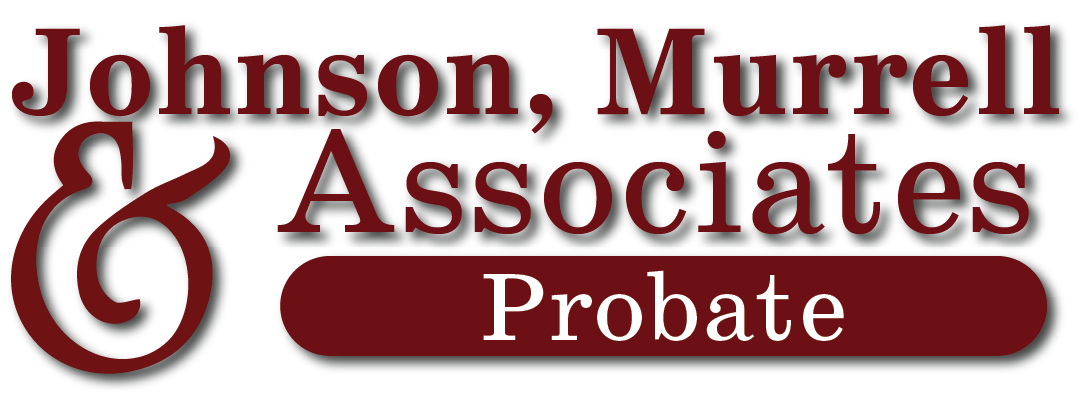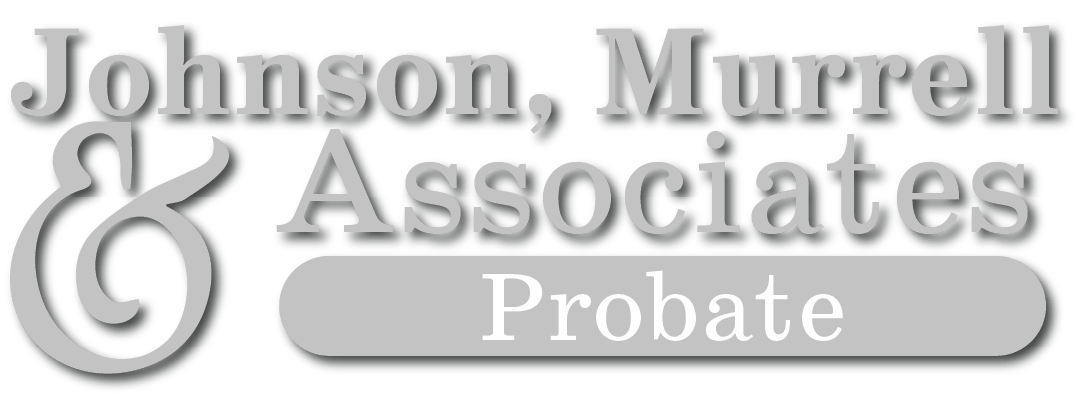TennCare estate recovery is when the state of Tennessee recovers money spent on long-term care from the estate of someone who has died. Estate recovery can affect inheritances and legal duties, making it important to know about if you’re managing someone’s estate in Tennessee. Understanding TennCare estate recovery allows you to navigate this challenging time more smoothly and manage the overall probate process with greater ease.
TennCare estate recovery ensures program viability by reclaiming costs from deceased beneficiaries’ estates. Beneficiaries should review TennCare communications and submit a Request Release Form to determine obligations. If funds are insufficient, assets may be liquidated, reducing inheritance. Johnson, Murrell & Associates offer guidance to minimize recovery impact.
What Is TennCare Estate Recovery?
TennCare estate recovery refers to a legal process mandated by Tennessee’s Medicaid program. It’s aimed at reclaiming expenditures for long-term care services from the estates of deceased beneficiaries. TennCare provides various long-term care services, including nursing facility care, to eligible residents of Tennessee. In exchange, TennCare is legally obligated to recoup the expenses associated with these services to sustain the program.
When a TennCare beneficiary passes away, the state evaluates their estate to determine the extent of recovery owed. Services covered under TennCare that might trigger estate recovery include nursing facility care, home and community-based services, and other forms of long-term care benefits provided to eligible residents.
Who Owes Estate Recovery Funds to TennCare?
The obligation to repay estate recovery funds to TennCare doesn’t fall on the executor, children, or heirs personally. Instead, it’s the estate of the deceased beneficiary’s responsibility. This means that the debts they accumulated while receiving TennCare services are settled using assets from their estate.
Upon the beneficiary’s death, the estate becomes responsible for managing and settling any outstanding debts. This includes those owed to TennCare for long-term care costs. The repayment process typically involves the executor or personal representative of the estate working with legal counsel to identify and liquidate assets. These will help to cover the amount owed to TennCare, if necessary.
How Do You Know if Estate Recovery Is Required?
Determining if estate recovery is required in Tennessee involves several steps. Start by reviewing any mail or emails from TennCare regarding potential recovery claims. These may provide insights into the scope and extent of the recovery obligations. You can also fill out a Request Release Form from TennCare to learn if an estate owes them any money.
What if There’s Not Enough Money in the Estate?
When an estate lacks adequate funds to cover TennCare’s estate recovery, it can lead to several outcomes. It’s important to understand that in most cases, these debts must be settled before heirs can receive their inheritance. This means that heirs might not receive as much as originally stated in the will if Tennessee estate recovery is required.
Several possible outcomes may occur if the estate lacks sufficient funds to cover all debts. In some cases, assets within the estate may need to be liquidated to satisfy TennCare’s claims. In other cases, heirs may receive reduced or no inheritance if the estate’s assets are insufficient to cover all debts and obligations. This includes those owed to TennCare.
Is There a Way to Get Out of Making These Payments?
Exemptions exist that may alleviate the obligation to make TennCare estate recovery payments. These exemptions provide relief under specific circumstances. Understanding the available exemptions and the application process is crucial for individuals seeking relief from TennCare estate recovery obligations.
Examples of estate recovery exemptions in Tennessee include cases involving:
- Surviving spouses
- Minor or disabled children
- Situations of financial hardship
You typically need to follow a formal process to apply for exemptions which may involve submitting documentation supporting your claim. This documentation might include proof of financial hardship, documentation of disability, or evidence of the surviving spouse’s financial dependency.
Probate in Tennessee
Johnson, Murrell & Associates assists you during probate by:
- Providing expert legal guidance,
- Ensuring all legal requirements are met,
- Managing the distribution of assets, and
- Handling any disputes or claims against the estate.
Our experience and support help streamline the process, making it less stressful for you.

TennCare estate recovery maintains program viability by reclaiming costs from deceased beneficiaries’ estates, not heirs. Beneficiaries should check TennCare communications and submit a Request Release Form to determine obligations. If funds are insufficient, assets may be liquidated, reducing heirs’ inheritance. Exemptions exist, and Johnson, Murrell & Associates provide guidance to minimize recovery impact.
At Johnson, Murrell, & Associates, we understand that handling a loved one’s estate and bills after their passing is an emotional, stressful experience. Our job is to make your life easier, which means guiding you through the process so you understand what’s to come. To schedule a consultation, call us at 865-453-1091 or schedule an appointment.



